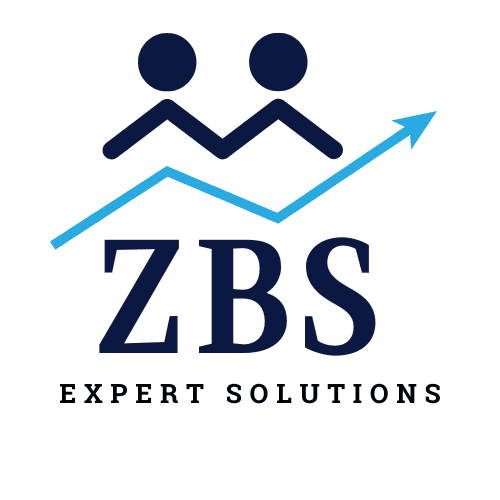
Remote work is no longer just a trend — it’s the new normal. From project managers to sales reps working out teams are now operating from anywhere and everywhere. For modern businesses, this shift has redefined how work is managed, tracked, and delivered.
But with this flexibility comes a unique set of challenges. How do you ensure productivity, collaboration, and customer service standards when your team is spread across cities, states, or even time zones? The answer lies in combining the right tools — particularly a strong remote workforce management system paired with powerful cloud based CRM solutions.
The Rise of the Distributed Workforce
As technology has evolved, so too has the workplace. The pandemic may have accelerated the shift to remote work, but the reality is that remote and hybrid teams are here to stay. For businesses looking to stay competitive, adapting to this change isn’t optional — it’s essential.
But managing a remote team isn’t as simple as handing out laptops and booking Zoom calls. It requires intentional systems to support communication, task tracking, performance monitoring, and, importantly, customer relationships.
This is where investing in the right digital infrastructure becomes critical.
Why Traditional CRMs Don’t Cut It Anymore
Conventional, on-premise CRMs were built for in-office environments. They require physical servers, limited access points, and often involve clunky manual processes. In a remote work setting, they slow teams down and create roadblocks for collaboration.
In contrast, cloud based CRM solutions provide accessibility, scalability, and automation — all of which are essential for remote operations. Whether your team is logging in from Melbourne or Manila, a cloud-based platform ensures real-time access to customer data, sales pipelines, support tickets, and marketing activities.
Benefits of Cloud Based CRM Solutions for Remote Teams
- Anytime, Anywhere Access
Remote teams can access critical data from any device, anywhere in the world. This eliminates delays caused by time zones or office closures and ensures customer inquiries and leads are managed promptly
- Improved Data Accuracy
Cloud-based systems reduce the risk of duplicate records or outdated files by centralising all customer interactions. This leads to cleaner data and more informed decision-making.
- Enhanced Security & Compliance
Reputable cloud based CRM solutions come with enterprise-grade security, regular updates, and compliance features that protect sensitive customer information — a must for remote work environments.
The Power of a Remote Workforce Management System
While CRMs focus on managing customer relationships, a remote workforce management system ensures that your internal operations stay efficient and aligned. This includes everything from task assignment and time tracking to employee performance and attendance monitoring.
Integrating a remote workforce management system with your CRM can deliver a seamless operational flow. For example:
- When a support agent logs a ticket in the CRM, their response time and resolution workflow can be tracked in the workforce system.
- Sales reps working in the field can log their activities in real time, which automatically syncs with their performance dashboards.
- Managers can assign tasks based on live CRM data, aligning team availability and workload in a centralised view.
One of the biggest myths about remote work is that it leads to a drop in accountability. In truth, with the right systems in place, remote teams can be just as productive — if not more — than traditional office-based teams.
The combination of cloud based CRM solutions and a reliable remote workforce management system provides the structure remote teams need without sacrificing flexibility. Everyone knows their role, has access to the right tools, and can collaborate with ease — regardless of where they’re located.
Choosing the Right Tools
There’s no shortage of platforms promising to make remote work easier. But the key is choosing solutions that are scalable, secure, and suited to your industry. Look for CRMs that offer integrations with workforce management tools, project software, and communication platforms.
Also, consider the learning curve. Tools should be user-friendly and supported by proper onboarding and training, especially for teams unfamiliar with remote-first systems.
Final Thoughts
Managing a remote team may come with its challenges, but with the right digital toolkit, those challenges become opportunities. By embracing cloud based CRM solutions and implementing a smart remote workforce management system, businesses can empower their teams to work efficiently, stay connected, and deliver exceptional customer experiences — no matter where they are in the world.
From anywhere to everywhere, the future of work is already here. The question is: is your business ready to manage it?




